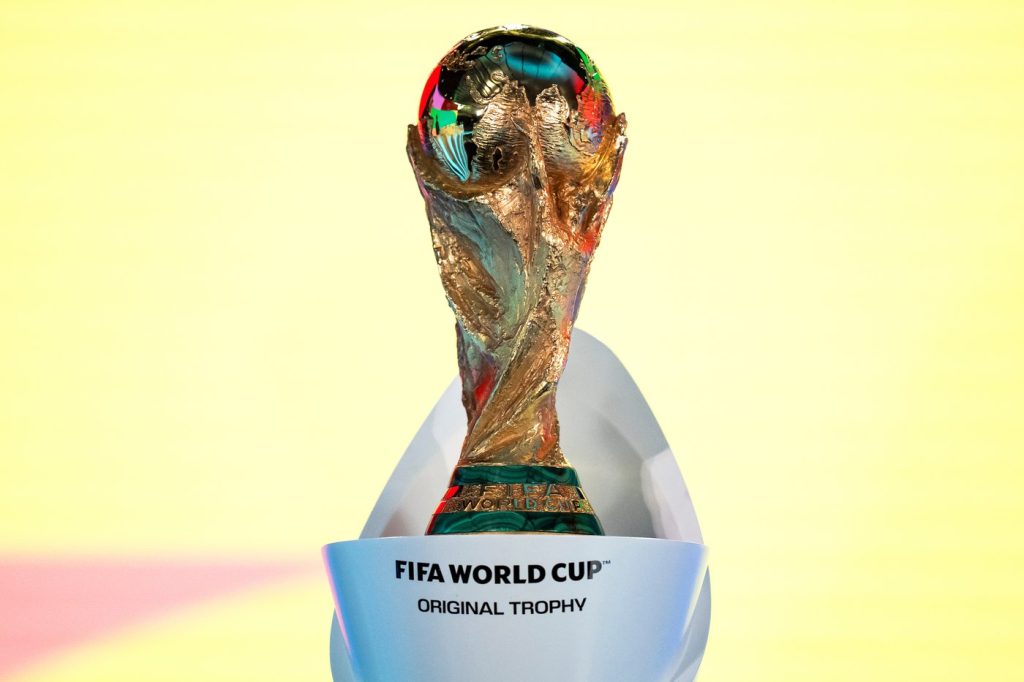Canada sanctions dozens in Russia, Iran, Myanmar ahead of global Human Rights Day
Posted Dec 9, 2022 11:41:40 PM.
OTTAWA — Canada is sanctioning dozens of officials and companies from three of the world’s most oppressive regimes, but groups argue Ottawa should do much more to mark the global Human Rights Day on Saturday.
Ottawa announced Friday it will freeze any Canadian assets held by 67 people and nine entities in Russia, Iran and Myanmar.
The sanctions are meant to mark International Human Rights Day on Saturday, although experts have said that Ottawa lacks the capacity to monitor and enforce its existing sanctions.
Those on the list include officials who have cracked down on protests against the Russian and Iranian regimes, as well as some of Iran’s state media outlets.
Russia’s justice department and elections commission have been sanctioned, as has its federal penitentiary service.
In Myanmar, the sanctions apply to military rulers who ousted the country’s democratically elected government in 2021 and helped arm those suppressing protests and minorities.
“We can only create change by standing up and defending the values that we hold dear,” Foreign Affairs Minister Mélanie Joly said in a statement, adding that “there is more work to be done.”
Human-rights groups say that’s a massive understatement.
“Canada is falling short of our obligations, especially in light of our possibilities and our capacities,” said John Packer, director of the Human Rights Research and Education Centre at the University of Ottawa.
Speaking to reporters on Thursday ahead of International Human Rights Day, Packer said Canada should go beyond sanctions and piecemeal projects to deploy experts to fragile states that want better governance and human-rights monitoring.
“The government of Canada is out of step with the people of Canada, who repeatedly call for human rights, humanitarian principles and freedom to be upheld as clear obligations and our central values.”
Packer argued that Canada should recognize China’s treatment of its Uyghur minority as a genocide, which the governing Liberals say should only be done if ongoing United Nations investigations find that to be the case.
Others at the press conference pointed out that Canada hasn’t stopped imports of goods made using forced labour, even since a 2019 bill pledging to do so came into effect in June 2021.
In contrast, American regulations have stopped hundreds of shipments, including from the Xinjiang region where Uyghurs live.
Thomas Woodley, the head of Canadians for Justice and Peace in the Middle East, argued that the U.S. has been more vocal than Canada in pushing back on recent rhetoric by Israel’s new government around a possible annexation of the West Bank.
Ireland, which beat Canada for a spot on the UN Security Council, has been similarly vocal about the expansion of Israeli settlements into Palestinian territory that likely violate international law.
“Human rights is not a feel-good thing,” Woodley said.
“There’s a price to pay in defending human rights and at times, yes, you will lose opportunities, because you stood up for something that needs standing up for.”
This report by The Canadian Press was first published Dec. 9, 2022.
Dylan Robertson, The Canadian Press








